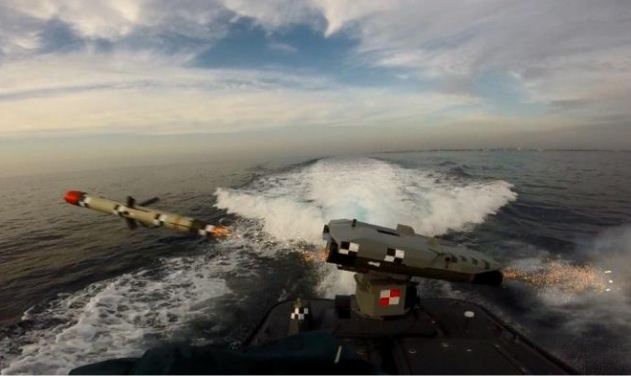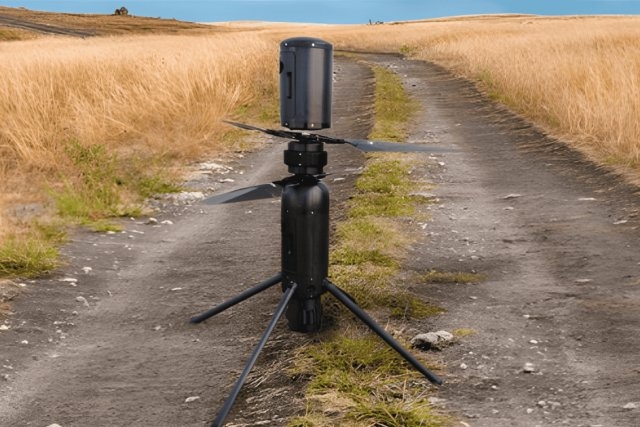Raytheon Begins New Phase Of DARPA Persistent Close Air Support Program
Raytheon Company is beginning Phase 3 of the Defense Advanced Research Projects Agency's (DARPA) Persistent Close Air Support (PCAS) program estimated $25.5 million.
PCAS software could enable ground troops to receive close air support sooner by improving coordination among joint terminal attack controllers, airborne sensors and weapons. PCAS is designed to improve human-machine interfaces for both ground and air personnel by inserting autonomous algorithms in the decision chain, and digitally sending shared situational awareness messages.
Originally designed for the A-10 Thunderbolt, the program was expanded in 2013 to develop a platform- and sensor-agnostic electronics suite that could be easily integrated onto multiple platforms. The system is also designed to work with a variety of legacy radios to facilitate transition to multiple users.
"Our ground troops deserve the quickest response possible when close air support is needed," said Thomas R. Bussing, vice president of Raytheon Missile Systems' Advanced Missile Systems product line. "Raytheon's PCAS solution is designed to reduce the minutes it takes to deliver that critical support, and give warfighters the most effective protection possible."
Phase 3 was awarded in the third quarter of 2013. Raytheon is the systems integrator for PCAS and leads an industry team comprised of Rockwell Collins, General Electric, BAE Systems and 5-D Systems.









